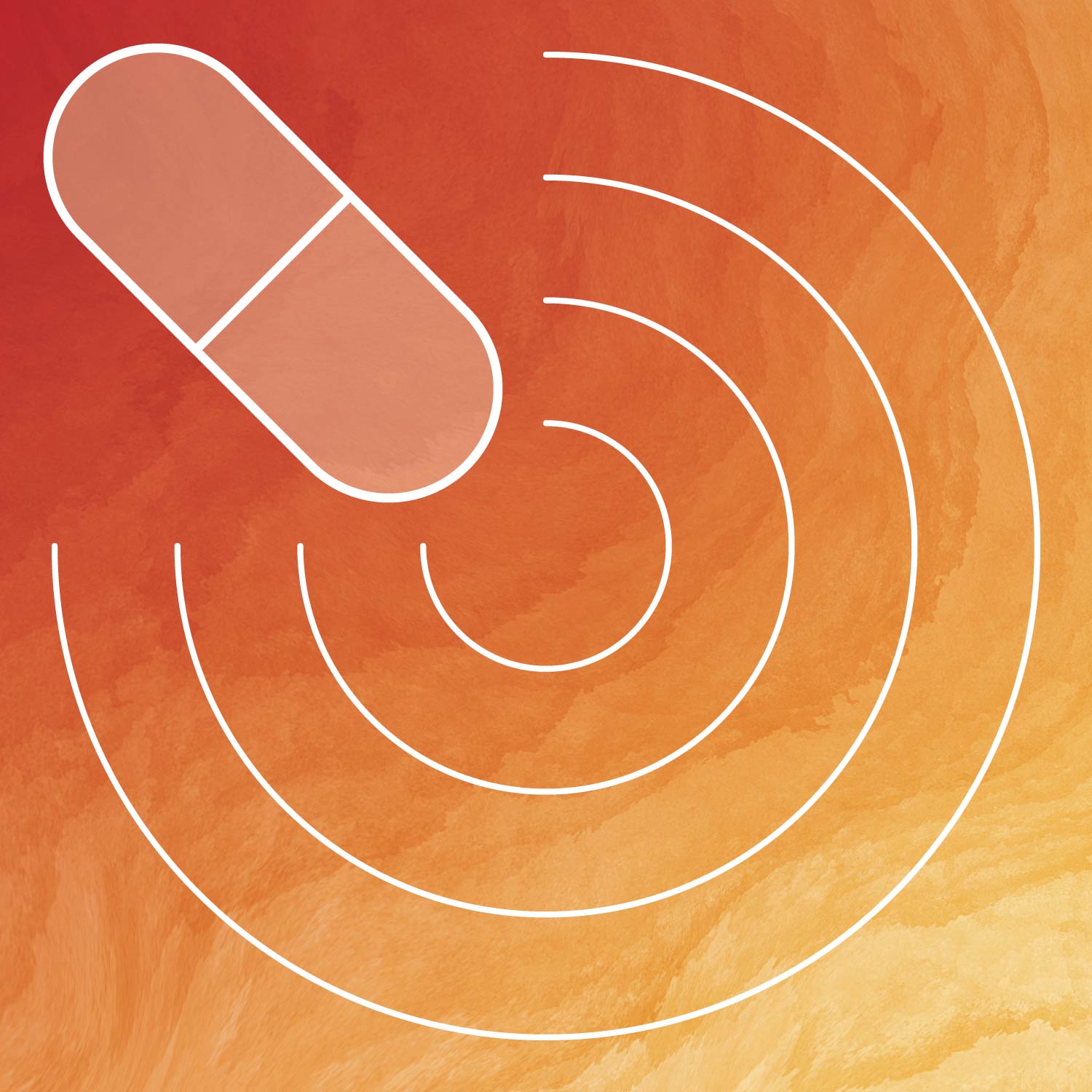Selected Research Results
NCCIH funds a wide variety of research studies, primarily focusing on three areas: mind and body practices, natural products, and pain. We also conduct research at the National Institutes of Health laboratories in Bethesda, Maryland.
This page provides plain language summaries of a few of the studies that NCCIH has supported or conducted. The summaries are ordered by date, with the most recent studies first. For more information, see this full list of published NCCIH-funded research studies in PubMed.
New Study Advances Understanding of How Heat and Pain Are Sensed and How Touch Can Become Painful
A study by investigators from the National Center for Complementary and Integrative Health and the National Institute of Dental and Craniofacial Research provides new insights into how the nervous system detects heat and touch and how inflammation modifies these processes to trigger pain. This research was conducted and supported by the National Institutes of Health (NIH) intramural research program and published in the journal Nature.
April 2025
New Survey Shows U.S. Veterans’ Use of Natural Products for Chronic Pain
A new survey of United States military veterans with chronic pain shows prevalent use of multiple natural products with, or in some cases, as substitutes for, prescribed pain medications. Although natural products, including dietary supplements, are commonly used, there is little information about their use for chronic pain. While many of the survey participants expressed concerns about safety, a significant proportion had not discussed their natural product use with their health care providers. Many, however, expressed their desire to have more informed conversations about natural product use with their providers.The survey, which was piloted with 52 participants in the U.S. Department of Veterans Affairs (VA) Whole Health Options and Pain Education (wHOPE) pragmatic trial, was developed by researchers from the Pain Management Collaboratory to gain information about natural product use for chronic pain. The survey was co-sponsored by the National Institutes of Health (led by the National Center for Complementary and Integrative Health), the Department of Defense, and the VA. Findings were published in the journal Global Advances in Integrative Medicine and Health.
February 2025
Adding Online Group Mindfulness Sessions to Medication Treatment Reduces Opioid Craving in People With Opioid Use Disorder
Adding an online group mindfulness intervention to a standard treatment for opioid use disorder was similar to adding an online evidence-based recovery support program when it came to reducing illicit opioid use, other substance use, and anxiety, but the mindfulness intervention resulted in greater reductions in opioid craving, according to a new study published in JAMA Network Open. The study was conducted by researchers at the Cambridge Health Alliance, McLean Hospital, Harvard University, and Tufts University and partially funded by the National Center for Complementary and Integrative Health through the Helping to End Addiction Long-term® Initiative, or NIH HEAL Initiative®, Behavioral Research to Improve Medication-Based Treatment (BRIM) program.
January 2025
Palliative Care in Emergency Departments: Addressing the Needs of Seriously Ill Older Adults
Among people aged 65 and older, half visited the emergency department (ED) in the last month of their lives, and three in four visited the ED during the 6 months before their deaths. However, emergency care has not adapted to meet these patients’ needs, with palliative care teams, present in two-thirds of hospitals, not typically available in EDs for crisis response. A new study, published in the Journal of the American Medical Association and conducted by researchers from Memorial Sloan Kettering Cancer Center, New York University Grossman School of Medicine, and Tibor Rubin Long Beach Veterans Affairs, evaluates the effect of a multicomponent intervention to initiate palliative care in the ED on hospital admission rates for older adults with serious, life-limiting illnesses. This research was supported by the National Center for Complementary and Integrative Health and other components of the National Institutes of Health (NIH) within the NIH Pragmatic Trials Collaboratory.
January 2025
Study Identifies Loneliness and Prior Mental Health as Key Predictors of Psychological Distress During First Year of COVID-19 Pandemic
Predictors for experiencing psychological distress in the first year of the COVID-19 pandemic included a person’s likelihood of having a prior psychiatric diagnosis, loneliness, and stress related to social distancing, according to a new large longitudinal study published in Nature Mental Health. The study was conducted by researchers from the National Center for Complementary and Integrative Health and the National Institute of Mental Health and funded by the NIH Intramural Research Program.
January 2025
Adding Mindful Awareness in Body-Oriented Therapy (MABT) to Medication Treatment Benefits People With Opioid Use Disorder
Adding a mindfulness-based intervention to a standard treatment for opioid use disorder does not appear to alter substance use but does lead to positive changes in other areas that can help improve the standard treatment, according to a new study published in Mindfulness. The study was conducted by researchers at the University of Washington and partially funded by the National Center for Complementary and Integrative Health.
November 2024
Synthetic Glycans Can Change the Composition and Function of the Gut Microbial Community
Complex glycans synthesized in the laboratory can modify the abundance and functioning of human gut bacteria and may be useful for targeted bacterial manipulation, according to a study partly supported by the National Center for Complementary and Integrative Health. The study, from Washington University in St. Louis, Ohio State University, and collaborating institutions, was published in a recent issue of Nature Chemical Biology.
October 2024
Analysis Finds Differences in Chronic Pain Treatment by Type of Health Insurance
An analysis of medical claims data suggests that adults experiencing new episodes of chronic pain may have differential access to all treatment options based on the type of health insurance they have. Recently published in The Journal of Pain, the study was conducted by researchers at the U.S. Centers for Disease Control and Prevention (CDC) and the National Center for Complementary and Integrative Health.
September 2024
National Survey Data Provide New Insights on Use of Prescription Opioids in the U.S. Adult Population
An analysis of national survey data on new prescription opioid use suggests that opioids are sometimes being used as a first-line or early resort treatment for pain, contrary to best practices. The study was conducted by researchers from the Mayo Clinic and the National Center for Complementary and Integrative Health and was recently published in The Journal of Pain.
September 2024
Mindfulness Meditation and Placebo Modulate Different Brain Patterns To Reduce Pain
According to a new study, not only does mindfulness meditation reduce pain more than a placebo, but it also uses different neural patterns when reducing pain, indicating that it is not acting through the placebo effect. Published in Biological Psychiatry, the study was funded by the National Center for Complementary and Integrative Health and conducted by researchers from the University of California San Diego and Dartmouth College.
August 2024









